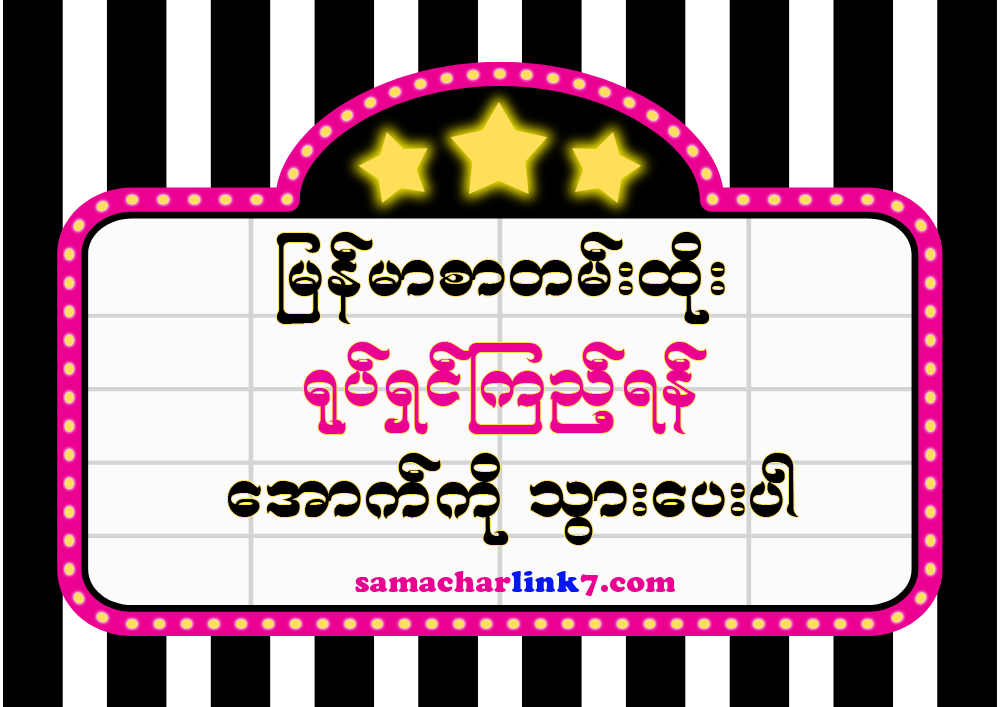
In recent years, two groundbreaking technologies have taken center stage in the world of innovation: Artificial Intelligence (AI) and Blockchain. While each is transformative on its own, the combination of these two technologies offers limitless possibilities for shaping the future. Together, AI and blockchain are proving to be a powerful duo, with applications across various industries, from finance and healthcare to supply chain management and beyond.
What is AI?
Artificial Intelligence refers to machines and software that can mimic human intelligence. AI systems are capable of learning from data, recognizing patterns, making decisions, and even predicting outcomes. From virtual assistants like Siri to autonomous vehicles, AI is rapidly becoming an integral part of our daily lives.
What is Blockchain?
Blockchain is a decentralized, secure, and transparent digital ledger. It enables the storage and transfer of information or assets without the need for intermediaries. Most commonly associated with cryptocurrencies like Bitcoin, blockchain has expanded into areas like supply chain tracking, identity verification, and even voting systems.
How AI and Blockchain Work Together
When integrated, AI and blockchain can address challenges and unlock new opportunities. Here’s how:
1. Enhanced Data Security
Blockchain ensures that data is stored in an immutable and tamper-proof manner. When paired with AI, this creates a secure environment for training AI models on reliable and authentic data. This is particularly beneficial in industries like healthcare and finance, where data security is critical.
2. Improved Decision-Making
AI excels at analyzing large volumes of data and making predictions. Blockchain, on the other hand, provides transparent and verified data. Together, they enable more accurate and trustworthy decision-making processes.
3. Efficient Supply Chain Management
Combining AI’s predictive capabilities with blockchain’s traceability can revolutionize supply chains. For instance, AI can predict demand trends, while blockchain ensures transparency and authenticity in the product’s journey from manufacturer to consumer.
4. Streamlined Smart Contracts
Smart contracts are self-executing agreements stored on a blockchain. AI can enhance these contracts by automating and optimizing their execution, reducing delays and improving efficiency.
5. Enhanced Fraud Detection
AI’s ability to detect unusual patterns and blockchain’s immutable ledger work hand in hand to identify and prevent fraud in real time. This is particularly useful in the financial and insurance sectors.
Real-World Applications
Healthcare: AI and blockchain are being used to securely share patient data and improve diagnostics.
Finance: Blockchain ensures secure transactions, while AI predicts market trends and risks.
Energy: AI optimizes energy consumption, and blockchain facilitates peer-to-peer energy trading.
Challenges and the Road Ahead
Despite their potential, integrating AI and blockchain comes with challenges. High computational costs, interoperability issues, and regulatory concerns are some hurdles that need to be addressed. However, ongoing advancements and collaborations between industry leaders indicate a bright future for this powerful duo.

